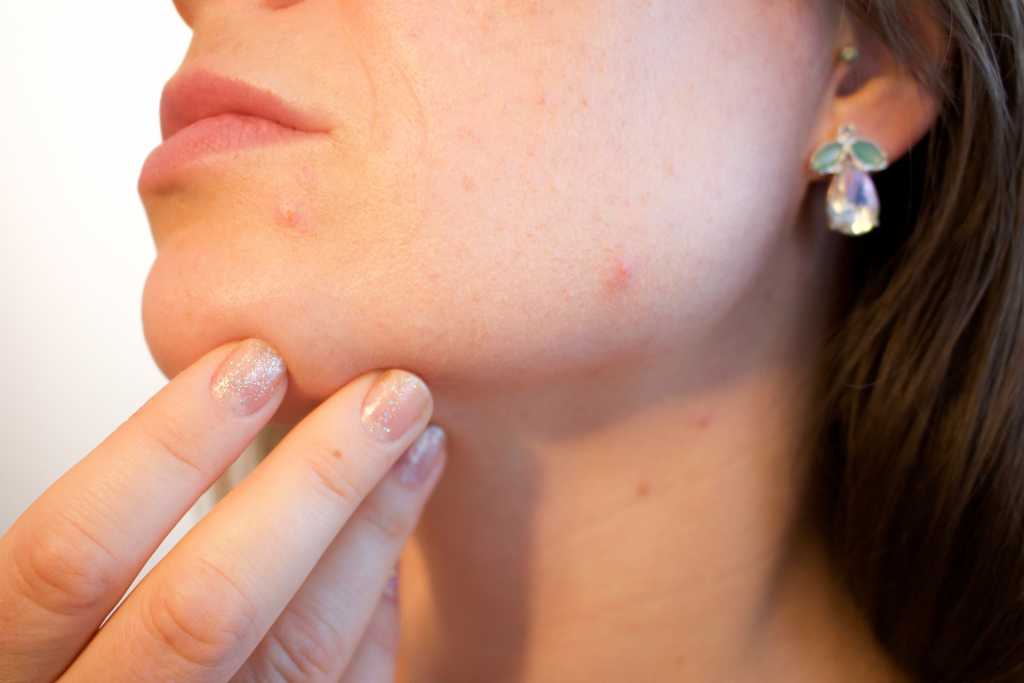Signs which show you have PCOS

Polycystic ovarian syndrome (PCOS) is a common lifestyle ailment. Often most girls never get diagnosed with the disease due to lack of knowledge. PCOS happens when female endocrine hormones imbalance in the reproductive age.
Earlier the disease was called polycystic ovarian disease, but later it was re-named as polycystic ovarian syndrome because it is not a disease but a lifestyle ailment and can be corrected. The exact cause behind PCOS is still not clear to doctors and researchers but it has a lot to do with lifestyle, eating and exercising habits.
Usually, in many cases PCOS is detected during ultrasound scans for fertility or menstrual problems.
What is PCOS?
The ovaries have many small cysts around them these cysts can wreak havoc with your system and often lead to irregular periods. PCOS can be detected by performing an ultrasound scan of the lower abdomen.
What are the first signs of PCOS?

Knowing the signs of PCOS can help detect and control it. Polycystic ovary is the number one reason for female infertility. The sudden fluctuation of hormones can cause many health complications like diabetes, heart failure, increased cholesterol, blood pressure, and endometriosis.
Early diagnosis and treatment reduces the chances of infertility and complications. Here are some common signs whether you have may or may not have polycystic ovaries:
Irregular periods: This is the most common sign and often helps identify polycystic ovaries. You might have irregular, longer menstrual intervals, failure to menstruate for months, prolonged periods, light or heavy bleeding are all signs of PCOS.
Sudden weight gain: Weight gain is the number one reason for polycystic ovaries. If you gain weight suddenly in a short period of time, seek medical advice. Often women with PCOS gain weight on their problem areas and tummy. Regular exercise and diet is a must.
Acne or skin pigmentation: Due to PCOS levels of male hormones (androgens) increase this often leads to excessive acne. Acne around the chin and cheeks is a clear indicator of polycystic ovaries. Hormonal imbalance also wreaks havoc with your skin. Often the skin becomes oily which increases the pimples.

Often PCOS also leads to dark pigmentation. Check your underarm, groin, skin folds, and neck for any dark pigmentation.
Hirsutism: This means growth of facial and body hair. The male hormones become dominant in women with PCOS. This triggers excessive facial and body hair. Sudden hair growth on the chest, stomach, neck or chin is sure signs of PCOS.
Male pattern baldness: Male pattern baldness is when you start losing hair from your hair line. The growth on your hairline will become scanty. This combined with irregular periods is a sign of polycystic ovaries. An increase of male hormones can make your hair light and in worse cases it can lead to baldness.
Voice changes: If you have PCOS your voice might change or get modulated. Voice becomes heavier and this is due to male hormone.
Depression: Hormones play an important role in our moods. Mood swings and depression are associated with PCOS as constant hormonal imbalance leads to sadness, and lack of energy.














